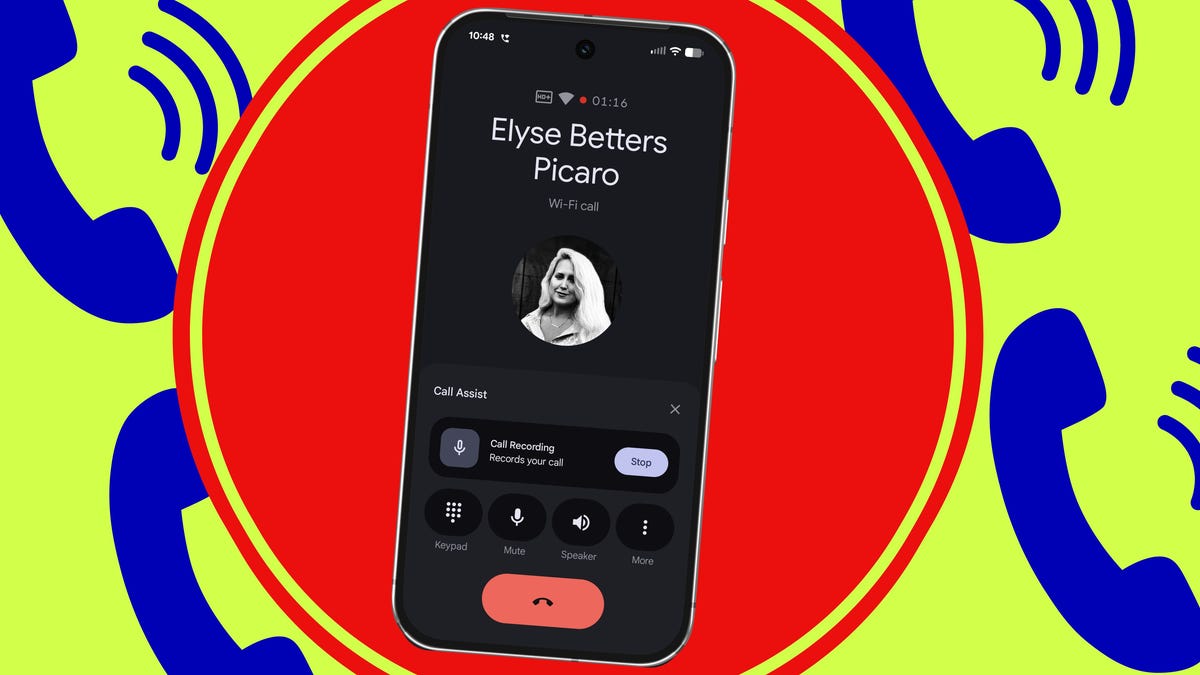How long do recordings stay on my Pixel phone?
Your Pixel phone lets you automatically delete recordings after a set time. You can choose 7, 14, or 30-day retention, or select Never. Just open the Phone app, go to Menu or More options, then Settings, and select Call Recording. Tap Delete recordings under Recordings, choose a retention length, and tap Confirm.
Also: How to restart your Android phone without the power button: 2 free and easy methods
You can also delete everything instantly by tapping Delete all recordings now.
Do non-Pixel Android phones support Call Recording?
Some do, but not all. Google has not disclosed which manufacturers support the feature. It only says that non-Pixel devices must run Android 9 or later and use the latest Google Phone app. Pixel devices, starting with the Pixel 6, must be running Android 14 or later.
Where are my call recordings stored?
Recordings are saved locally on your device only. They are not backed up to Google or synced between devices.
Can I edit or share call recordings?
You can play and share recordings directly from the Phone app. There are no built-in editing tools in Google’s Phone app, but you can share the audio via email, messaging apps, or cloud-upload apps and then import it into another app to edit.
Also: I changed 12 settings on my Android phone to extend its battery life by several hours
Can I record calls automatically?
Yes. Pixels let you automatically record unknown numbers or specific contacts. You can turn both on in your Phone app settings.
Does Call Recording work during conference calls?
No. It won’t work if the call is on hold or during conference calling.
How do I delete a recorded call?
Go to Recents, select the caller, tap History, find the specific recording, and tap the Trash can icon to delete it.
What are the consent rules for recording calls?
Many regions require all parties to consent.
In the US, it’s legal to record a call only with proper consent. Federal law requires consent from at least one party, meaning you can record if you’re part of the call. But many states — including California, Florida, Pennsylvania, and Massachusetts — require all parties to agree. Recording without the needed consent in those states may violate wiretapping laws.
Also: Your Android phone’s most critical security feature is turned off by default – how to enable it ASAP
Laws abroad vary, too, and carriers and regional laws can always block the feature if they choose. For example, Canada requires one-party consent, while the UK allows personal recordings but restricts sharing without permission.
Either way, Google complies by playing an automated disclosure message at the start and end of every recording, but that doesn’t replace legal obligations. The safest approach is always to tell the other person and get their OK first.
In short: Check your local laws, and when in doubt, get consent. You can see all 50 states’ recording laws here.

